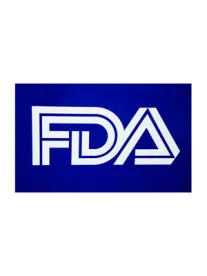As we previously reported, Congress passed, and then-President Obama signed, the 21st Century Cures Act last November to implement a number of FDA reforms. Among the reforms affecting medical devices was a requirement for the FDA to publish a notice in the Federal Register – within 120 days for Class I devices and within 90 days for Class II devices – that identifies devices that no longer require clearance under Section 510(k). On schedule, the FDA has published the list of Class II devices here.
For Class II devices, the Act says the FDA must also provide a 60-day notice and comment period and finalize the list within 210 days. Electronic or written comments on the notice are due on or before May 15, 2017.
The Class II list includes approximately 35 pages of devices from 21 CFR Part 862, which governs clinical chemistry and clinical toxicology devices. Although the list includes many devices in this category, part of the reason for its length is that the exemption for several of the devices is limited to test systems intended for employment and insurance testing and does not include test systems intended for federal drug testing programs. Other exemptions are subject to limitations also. For example, the list includes an exemption for an endoscopic magnetic retriever, but limits the exemption to such devices that are for single use.
The list also includes a 15-page table of Radioallergosorbent (RAST) immunological tests, which fall under 21 CFR 866.5750, for specific allergens.
Finally, the list includes at least some devices from each of the other classifications, Parts 864-892. Medical device firms will want to review the list to determine if any of their current or proposed products are now exempt.
The FDA is to update the Class I and Class II lists every five years.
The notice cautions that an exemption from the 510(k) process “does not mean that the device is exempt from any other statutory or regulatory requirements, unless such exemption is explicitly provided by order or regulation.” The FDA states that its initial determination that premarket notification is unnecessary to provide a reasonable assurance of safety and effectiveness for devices listed in the notice is based, in part, on the assurance of safety and effectiveness that other regulatory controls, such as current good manufacturing practice requirements, provide.





 />i
/>i

